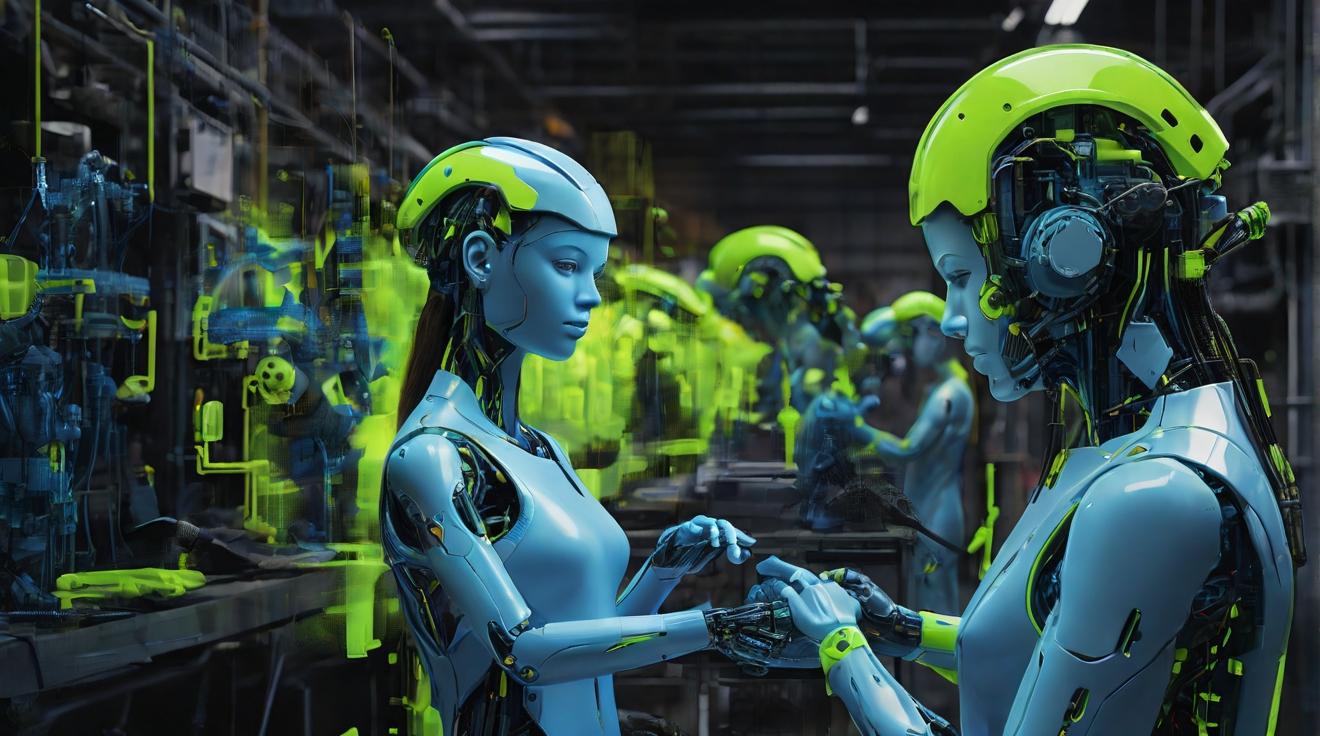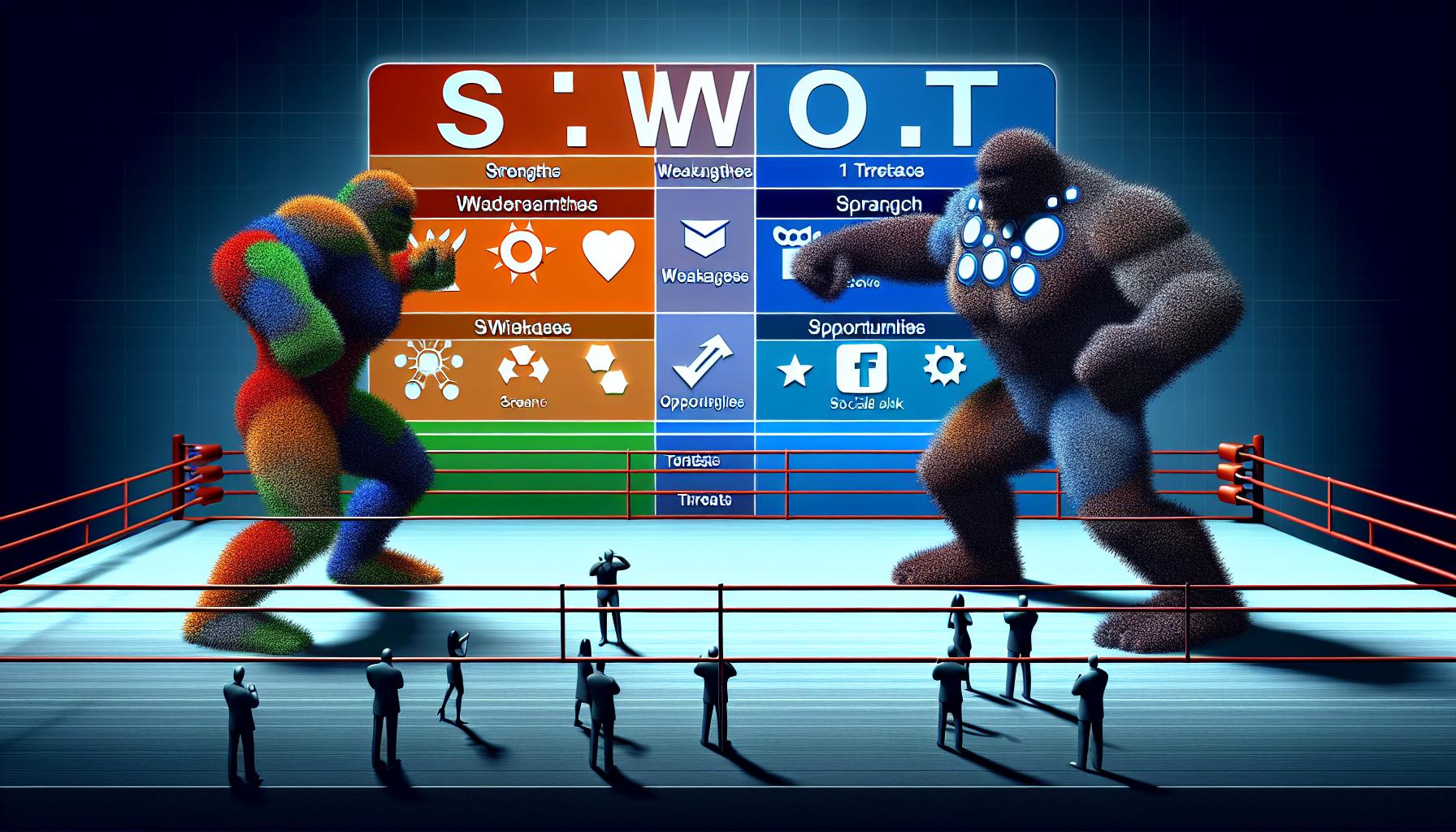Nokia Launches AI Assistant for Industrial Workforce
In a significant advancement in industrial technology, Nokia Corporation unveiled an innovative AI-powered assistant designed to enhance the productivity and safety conditions for industrial workers. Dubbed "MX Workmate", this groundbreaking tool was announced on Wednesday, marking a pivotal moment in the incorporation of generative AI into the manufacturing sector.
Revolutionizing Industrial Operations with AI
The MX Workmate system is set to revolutionize the way industrial operations are conducted by generating human-like messages that warn about machinery malfunctions and suggest improvements for factory output. By leveraging generative AI large language models (LLMs), the tool can provide early warnings for equipment failure, recommend repair actions, and propose methods to increase production quality and rates.
Nokia’s initiative comes at a crucial time as the manufacturing industry is currently facing a significant shortage of skilled workers. The introduction of MX Workmate aims to alleviate this issue by assisting workers in interpreting vast amounts of data, enabling them to make more informed decisions and improve overall efficiency.
Integrating AI with Existing Communications Technology
The foundation of MX Workmate is built upon Nokia’s existing 4G and 5G communications technology, which has already been widely adopted by industrial clients for internal communication and machine sensor data analysis. This expansion into AI-assisted operations represents Nokia’s commitment to fostering innovative solutions that meet the evolving needs of the manufacturing sector.
Addressing Operational and Ethical Concerns
Despite the excitement surrounding the potential of generative AI, there are operational and ethical concerns that need to be addressed. Nokia’s Head of Enterprise Solutions Marketing, Stephane Daeuble, emphasized the importance of the tool being “accurate, clear, and right.” It is also essential for the system to be traceable and moderated, with initial safeguards including human validation of AI-generated prompts.
The adaptation of AI technology in industrial settings poses a series of challenges, including overcoming "AI hallucination" and ensuring compliance with operational technology regulations. As these technologies continue to evolve, Nokia is committed to conducting thorough testing and fine-tuning to ensure MX Workmate’s successful implementation across various industries.
The Road Ahead
While some aspects of the tool are still under research, Nokia anticipates the first real implementation to occur within a year to a year and a half. In the meantime, the company plans to showcase the first versions of MX Workmate at the Mobile World Congress in Barcelona at the end of February, providing attendees with a first glance at the future of AI in industrial operations.
As Nokia continues to lead the way in integrating AI technology into the industrial sector, MX Workmate stands as a testament to the potential of AI to transform the way we work, offering promising solutions to current labor shortages and enhancing the safety and productivity of workplaces worldwide.
Analyst comment
This news can be evaluated as positive. The launch of Nokia’s AI assistant, MX Workmate, is expected to revolutionize industrial operations by enhancing productivity and safety conditions for workers. It addresses the current shortage of skilled workers and leverages generative AI to provide early warnings for equipment failure and suggest ways to increase production quality. However, operational and ethical concerns need to be addressed. Nokia plans to implement the tool within a year to a year and a half, showcasing it at the Mobile World Congress. This demonstrates Nokia’s commitment to integrating AI technology and improving the industrial sector’s efficiency.













